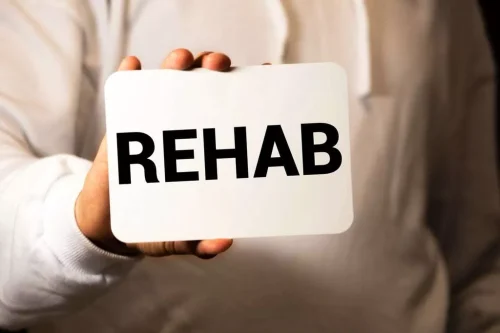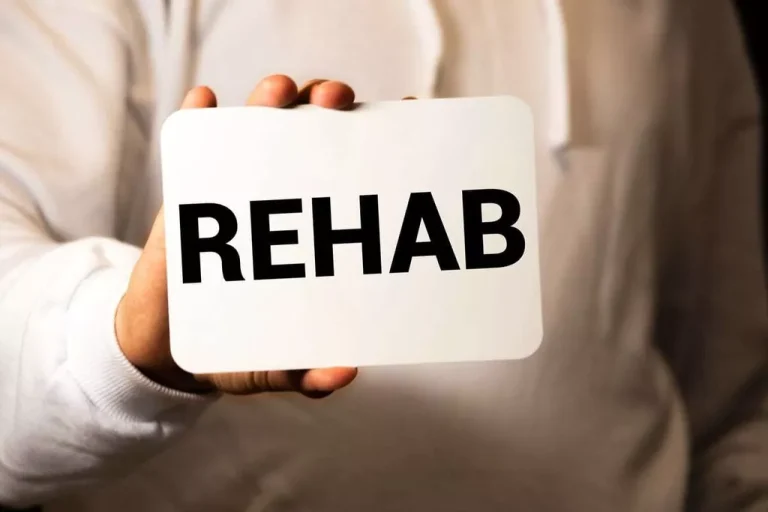Common questions about apixaban

Before taking Eliquis, tell your healthcare provider about any prescription or over-the-counter (OTC) medicines, vitamins/minerals, herbal products, and other supplements you are using. When it comes to the most in-demand prescription medications, patients can expect to easily get it from PharmaServe, a leading online pharmacy. PharmaServe aims to support patients’ goals to get healthy by making it a point to offer medications at affordable prices. Patients will be able to buy Eliquis or purchase other prescription medications they need with just a few clicks. An added incentive to purchasing your medications through PharmaServe is you get to earn rewards points whenever you order through the website.
A more convenient way to buy medication
This includes other anticoagulants—such as warfarin, Pradaxa (dabigatran), Brilinta, (ticagrelor), or heparin, or nonsteroidal anti-inflammatory drugs (NSAIDs). Signs and symptoms of blood loss indicate a medical emergency and should receive emergency medical attention. It’s important to take into account individual factors, such as overall health, medical history, and any other medications being taken. It’s essential to have an open and honest conversation with your healthcare provider about your alcohol consumption habits to assess potential risks accurately.
Eliquis and grapefruit

Additionally, large amounts of alcohol or binge drinking can decrease the metabolism of blood thinners, increasing the risk of bleeding. On the other hand, excessive daily alcohol use increases the metabolism of Eliquis and can lower its effectiveness, increasing the risk of a clot, heart attack, Substance abuse or stroke. Check in with your healthcare provider, who can evaluate your unique situation and provide medical advice on the risk of mixing alcohol and Eliquis. For patients taking Eliquis, liver problems caused by excessive alcohol consumption can further increase the risk of bleeding.
What happens when you mix Eliquis and alcohol?
- This is particularly concerning given the increased risk of bleeding.
- In fact, there were more than 12 million prescriptions filled for Eliquis in 2018.
- This could make Eliquis less effective in treating and preventing blood clots.
By steering clear of grapefruit and grapefruit juice, you can help maintain safe and effective levels of Eliquis in your system. Always consult with your healthcare provider for specific advice regarding your diet and medication interactions. It’s important to discuss alcohol use with your healthcare provider while taking Eliquis. They can provide personalized advice based on your overall health and medical history.

Combining alcohol and Eliquis may increase the risk of bleeding, especially in the gastrointestinal tract, stomach, intestines, or brain. This can be life-threatening and requires immediate medical attention. Combining Eliquis with alcohol may increase the risk of bleeding, especially in the gastrointestinal tract, stomach, intestines, and brain. Alcohol can also affect the rate at which Eliquis is absorbed into the body, potentially reducing its effectiveness.
Mixing Eliquis and alcohol is not advised because they both increase the risk of bleeding when combined. In addition, alcohol prolongs the action of Eliquis by slowing how quickly it is eliminated by the body. It is best not to combine these substances at all unless you have first spoken with your doctor. Alcohol may interact differently with some blood thinners depending on how they affect the body, so it is important to discuss your specific situation with your doctor. Your doctor’s guidance will eliquis and beer likely depend on what type of anticoagulant you are using.

Understanding the Interactions Between Alcohol Consumption and Blood Thinners
- Alcohol can also damage the lining of blood vessels, causing blood clots that can break off and trigger a stroke or heart attack.
- There are no specific warnings about consuming alcohol while taking other blood thinners.
- However, it is essential to consult with your healthcare provider for personalized advice.
- Mixing alcohol and eliquis may increase the risk of bleeding, especially in the gastrointestinal tract.
- Therefore, it is important to drink alcohol in moderation and to avoid drinking alcohol if you have any cuts or bruises.
Your doctor may have you take a different drug to prevent blood clots while you’re not taking Eliquis. Eliquis is an anticoagulant drug (blood thinner) that helps prevent blood clots. Taking Eliquis with other anticoagulants can raise your risk of bleeding. Blood thinners can be particularly dangerous for people with alcohol addiction.
Cardioversion Procedure: Understanding this Procedure and Its Impact on Heart Rhythm

Since both substances thin the blood and slow down clotting, they can make it harder for the body to stop bleeding. This can result in prolonged bleeding after an injury or increase the risk of internal bleeding, such as in the stomach, intestines, or brain. Taking Eliquis can raise your risk of bleeding with certain surgical, medical, or dental procedures. To reduce your risk of bleeding, your doctor may recommend stopping Eliquis for a few days beforehand. If you’re planning to have a procedure, ask your doctor if you’ll need to stop taking Eliquis.
What to know about blood thinners and alcohol
This is because alcohol acts as a natural anticoagulant, thinning the blood and increasing the risk of major bleeding. The combination of alcohol and Eliquis can lead to dangerous internal bleeding, including gastrointestinal bleeds and bleeding in the brain. This can be life-threatening and requires emergency medical attention. Eliquis is a popular blood-thinning medication that helps to reduce blood clotting. While Eliquis does not directly interact with alcohol, excessive alcohol consumption can lead to poor anticoagulation control.
Eliquis may not be the right treatment option for you if you have certain medical conditions or other factors affecting your health. Eliquis works by blocking the action of a certain clotting factor called factor Xa. By blocking the action, Eliquis makes your blood less likely to clot or helps prevent a blood clot you currently have from getting larger. Alcohol and blood thinners interact in different ways that will vary for each individual. This makes it hard to predict exactly what will happen, but it increases the risk of either bleeding or clot-related problems.
